Hanan Porat: Settled In Faith
Genre : Documentary
Runtime : 1H 4M
Director : Gil Mezuman
Synopsis
Hanan Porat, leader and symbol of the settler movement, diagnosed with cancer, goes on a journey through the key stations in his life.
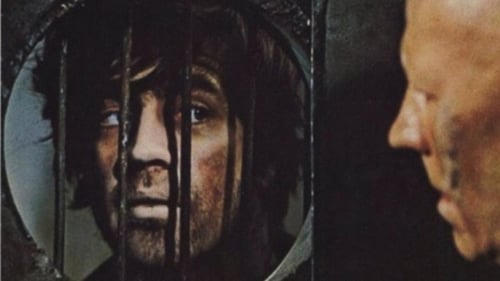
Set in tsarist Russia around the turn of the century and based on a true story of a Russian Jewish peasant Yakov Bog who was wrongly imprisoned for a most unlikely crime - the “ritual murder” of a Gentile child in Kiev. We witness the unrelenting detail of the peasant handyman's life in prison and see him gain in dignity as the efforts to humiliate him and make him confess fail.

With God On Our Side takes a look at the theology of Christian Zionism, which teaches that because the Jews are God's chosen people, they have a divine right to the land of Israel. Aspects of this belief system lead some Christians in the West to give uncritical support to Israeli government policies, even those that privilege Jews at the expense of Palestinians, leading to great suffering among Muslim and Christian Palestinians alike and threatening Israel's security as a whole. This film demonstrates that there is a biblical alternative for Christians who want to love and support the people of Israel, a theology that doesn't favor one people group over another but instead promotes peace and reconciliation for both Jews and Palestinians.

Documentary tracing the history of the Jewish people from the destruction of the temple in AD 70 to the modern-day nation of Israel. Through scriptural and historical evidence, DNA, mathematics, and testimony from rabbis and pastors, it attempts to answer the question, "Who are God's chosen people?".

Ze’ev Vladimir Jabotinsky? Most people don’t know much about him. Most people know he was the father of Herut movement, a revisionist. And who really knows what revisionism really means. A few people know that he translated Allan Poe’s Annabel Lee; even fewer read his historical novel, Samson. The Raven tries to fathom Jabotinsky’s deceptive character. The film follows his conflicted, controversial character, the meaningful choices, desires and abilities that eventually led him to end his life prematurely but left a huge mark on Zionism and Israel. - See more at: http://nfct.org.il/en/movies/the-raven-zeev-jabotinsky/#sthash.WoPKutbi.dpuf
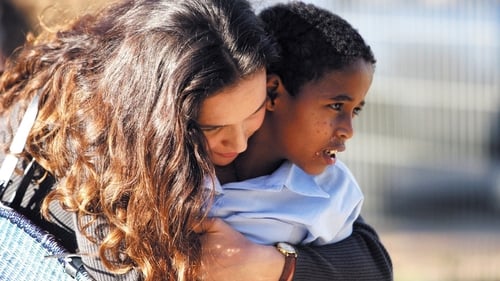
In 1980 the black Falashas in Ethiopia are recognised as genuine Jews and are secretly carried to Israel. The day before the transport the son of a Jewish mother dies. In his place and with his name (Schlomo) she takes a Christian 9-year-old boy.

Louis Theroux spends time with a small and very committed subculture of ultra-nationalist Jewish settlers. He discovers a group of people who consider it their religious and political obligation to populate some of the most sensitive areas of the West Bank, especially those with a spiritual significance dating back to the Bible. Throughout his journey, Louis gets close to the people most involved with driving the extreme end of the Jewish settler movement - finding them warm, friendly, humorous, and deeply troubling.

Based on the book, The Illustrated Protocols of Zion. The original Protocols of Zion have been read by countless millions of people over the last 117 years. This movie takes the basic assertions of the protocols and proves them in the present time. It is a brand new edition of the classic work which takes the “old” Protocols of Zion and shows, using present-day practical examples, its prescience and astonishing accuracy—despite being more than century old.

The Zionist Matrix of Power is an amazing video that exposes the real seats of power in the world. It demonstrates the three most important, Media, Finance, and Politics. This video shows the extremists that now dominate this matrix that leads the West the destruction and the World to war and degeneracy.

Spanning over 2,000 years, this study looks at the complex relationship between Jewish and Catholic thought from a social and historical perspective. Examining different significant moments for both religions throughout the centuries, this commentary on the book analyzes and explains the conflicts that have arisen between the two religions since their beginnings.
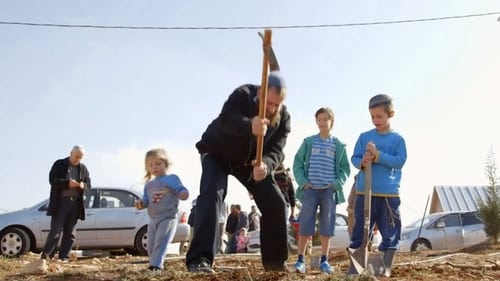
In the nearly 50 years since Israel's decisive victory in the 1967 Six-Day War, hundreds of thousands of Israeli citizens have established expanding communities in the occupied territories of the West Bank. Frequently coming into direct conflict with the region's Palestinian inhabitants, and facing the condemnation of the international community, the settlers have been viewed by some as the righteous vanguard of modern Zionism and by others as overzealous squatters who are the greatest impediment to the possibility of peace in the region.

Compiled after 15 months filming and editing, this fast-moving, professional video documentary will give you a unique education on the inner teachings of Judaism and the Talmud. Through the television camera "The Other Israel" takes you where few Christian scholars have gone before.
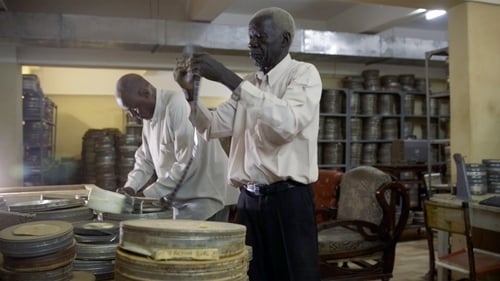
Jomu’a is a Palestinian who lives in a refugee camp. Every early morning, he goes to the entrance of the refugee camp to earn his living selling coffee. He tries to find additional work but the only job available is to demolish a house.

A multi-generational journey exploring the archives of the director's grandfather Ephraim Erde, an official Zionist photographer from the 30s, confronted with the director's current vision in an attempt to create an utopia of her own.

Palestinians and Israelis pursue conflicting visions of justice in the West Bank, zeroing in on the explosive issue of the Israeli settlements: its protagonists are both Israeli settlers and the Palestinians and Israelis who oppose them.
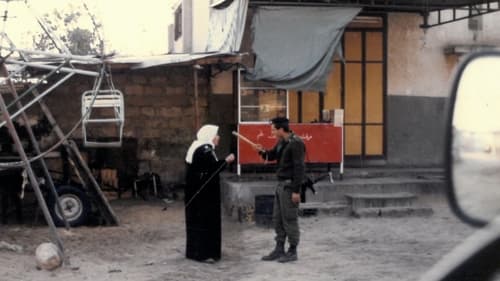
An exhaustive explanation of how the military occupation of an invaded territory occurs and its consequences, using as a paradigmatic example the recent history of Israel and the Palestinian territories, the West Bank and the Gaza Strip, from 1967, when the Six-Day War took place, to the present day; an account by filmmaker Avi Mograbi enriched by the testimonies of Israeli army veterans.

A self-described liberal from cosmopolitan Tel Aviv, Zaki wanted to get behind the politics of Israel’s controversial settlements in the occupied territories — so she moved there, temporarily, setting up an improvised cafe where she could chat with settlers from her own generation.








